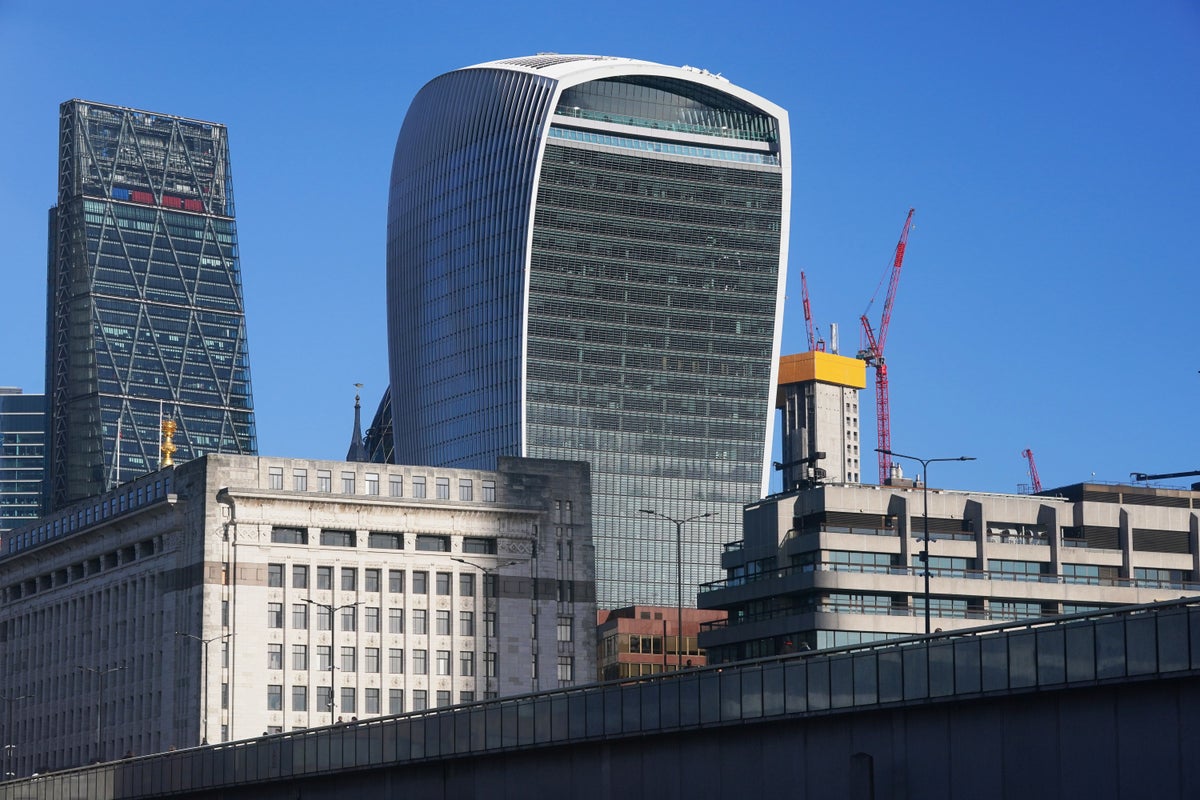
The recession expected to hit the UK could be twice as bad as previously thought, economists warn.
Soaring household bills, slow growth, and forecasts of a protracted economic downturn have taken their toll on the millions of Britons struggling against the tough economic environment – thought to be the worst in recent memory.
Faced with a worsening situation, less government support and higher taxes, early signs of possible recovery last week look increasingly distant, with economists at consultancy firm EY saying they thought each of the next three years could be worse than they had expected in the past.
It comes just three months after EY’s Item Club predicted a 0.3 per cent contraction in gross domestic product (GDP) this year, followed by 2.4 per cent growth next year and a 2.3 per cent rise in 2025.
But in an updated forecast released on Monday, they forecast a 0.7 per cent nosedive this year, followed by 1.9 per cent and 2.2 per cent growth in the coming two years.
“The UK’s economic outlook has become gloomier than forecast in the autumn, and the UK may already be in what has been one of the mostly widely anticipated recessions in living memory,” said EY’s UK chair Hywel Ball.
But EY said that while the recession might be more remorseless than it previously suggested, it will not necessarily last longer than the earlier forecast.
It is still unclear if the country is already in recession. A recession is defined as two-quarters of consecutive GDP contraction.
The economy already shrank in the third quarter of last year. But GDP figures released last week showed that the economy unexpectedly grew in November, meaning some economists think the fourth quarter might be positive.
But regardless, the UK is expected to hit recession this year and shrink during the first half before returning to growth during the summer.
The recession will probably also prove less damaging for the economy than those in the 1980s, 1990s and 2000s, EY said.
“The one silver lining is that, despite being a deeper recession than previously forecast, it won’t necessarily be a longer one,” Mr Ball said.
“The economy is still expected to return to growth during the second half of 2023 and has been spared any significant new external shocks in the last three months from energy prices, Covid-19 or geopolitics.
Meanwhile, the chief headwind to activity over the last year – high and rising inflation – may be starting to retreat, while energy prices are falling too.”
The economists forecast that inflation would hit 7.2 per cent this year on average, including a big jump when the government’s energy support scheme becomes £500 less generous from the start of April.







